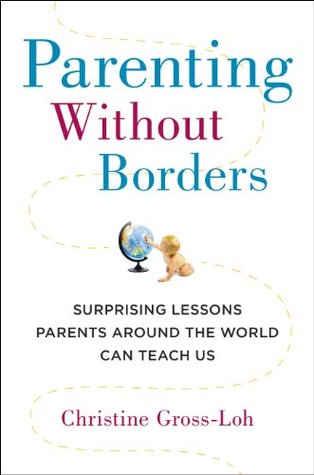More on this book
Kindle Notes & Highlights
Read between
September 27, 2021 - September 15, 2022
By expecting our children to behave in a way that they may not be developmentally capable of, we may actually, though unwittingly, be socializing them to misbehave.
even in societies where sibling caregiving isn’t economically necessary, it is considered an important way for children to learn self-reliance from interacting with people of all ages, unmediated by protective parents.
we are told how healthy it is to hone each sibling’s distinct sense of identity in the family by giving them individual attention (sometimes reinforced by giving them separate rooms, duplicate toys, separate playdates, and one-on-one time). Yet we now know that older siblings benefit in a lot of ways from nurturing their younger sisters and brothers. Researchers have observed that children36 who are required to care for siblings have shown more “prosocial” tendencies: they appear more socially responsible and more nurturing.
“When people talk only about what they’re protecting their kids from, they’re not thinking about what they’re depriving them of.”
living at home is not considered incompatible with being independent in Japan.
Acts of responsibility cultivate awareness of others—they provide daily training in seeing and anticipating the needs of those around us.
Mutual distraction, where a parent doesn’t show he’s aware that a child might be doing something else, feels disrespectful. But a parent who goes over to his child and puts his hand on her shoulder, gives her a brief, clear direction, and walks with her together to get ready for bed will have more success.
In successful interactions between parents and children, there is “a whole history of interaction that makes it possible” for the short directives to work.
if you look at the range of human societies across the globe and throughout time, you find that it is unusual for a mother and her partner to take sole responsibility for pregnancy, birth, and the rearing of an infant.
But the price we pay for having choices is too high: moms and babies in America, instead of being part of a community, are too often left alone, just when they are most vulnerable.
early dependence and nurturing, not separation, is how to ensure that children become independent when they are developmentally ready.


